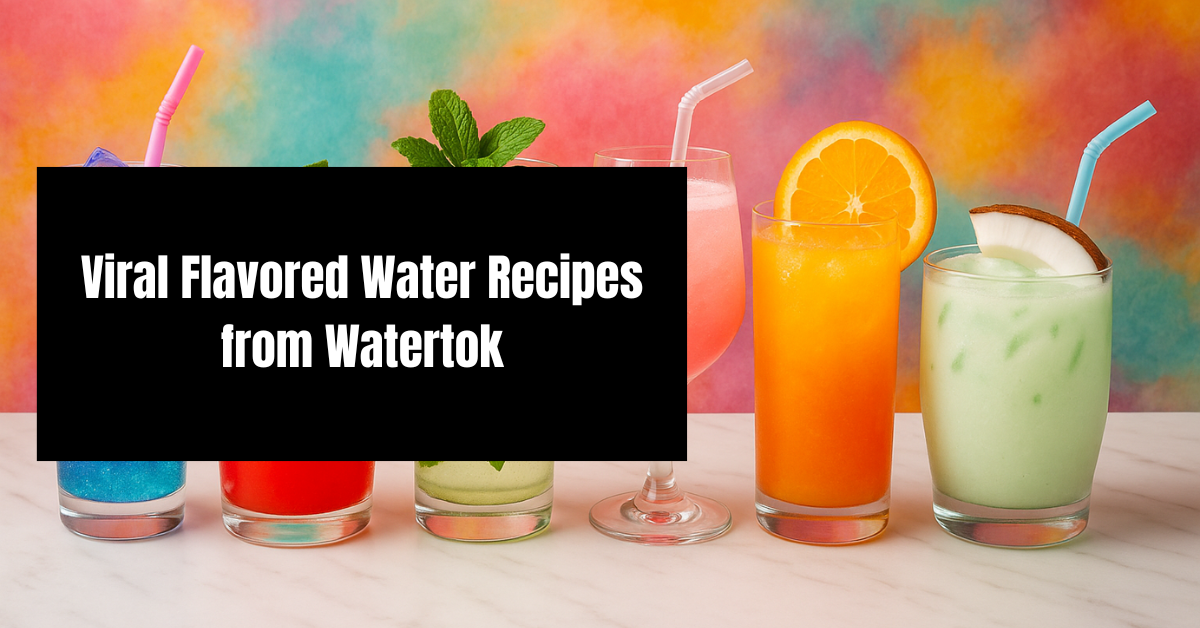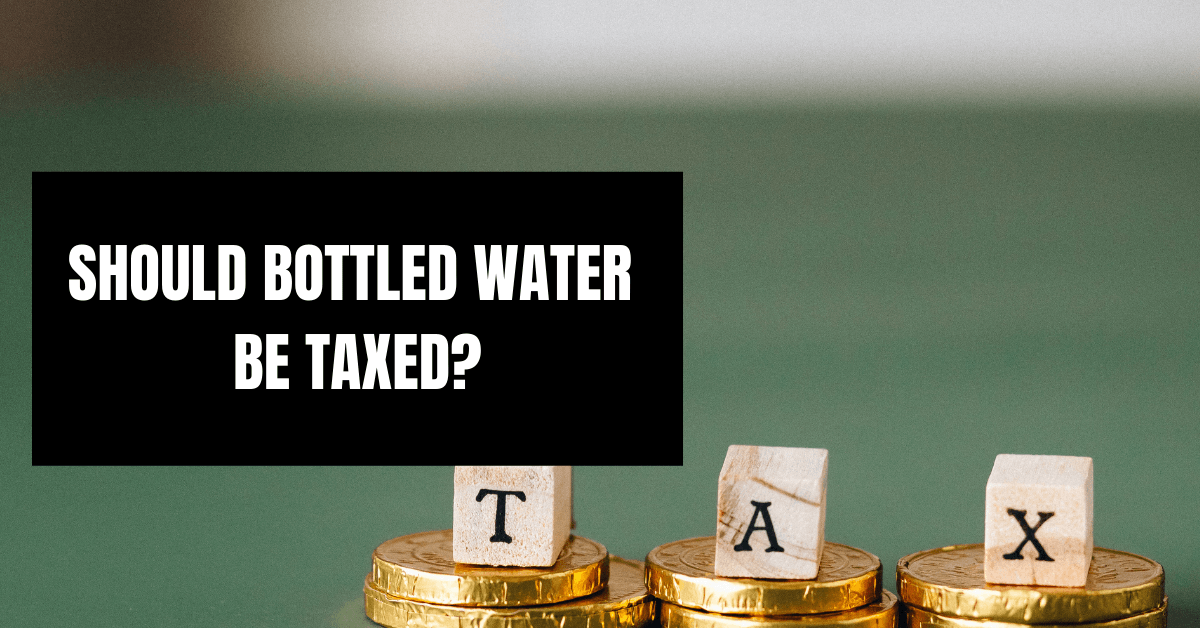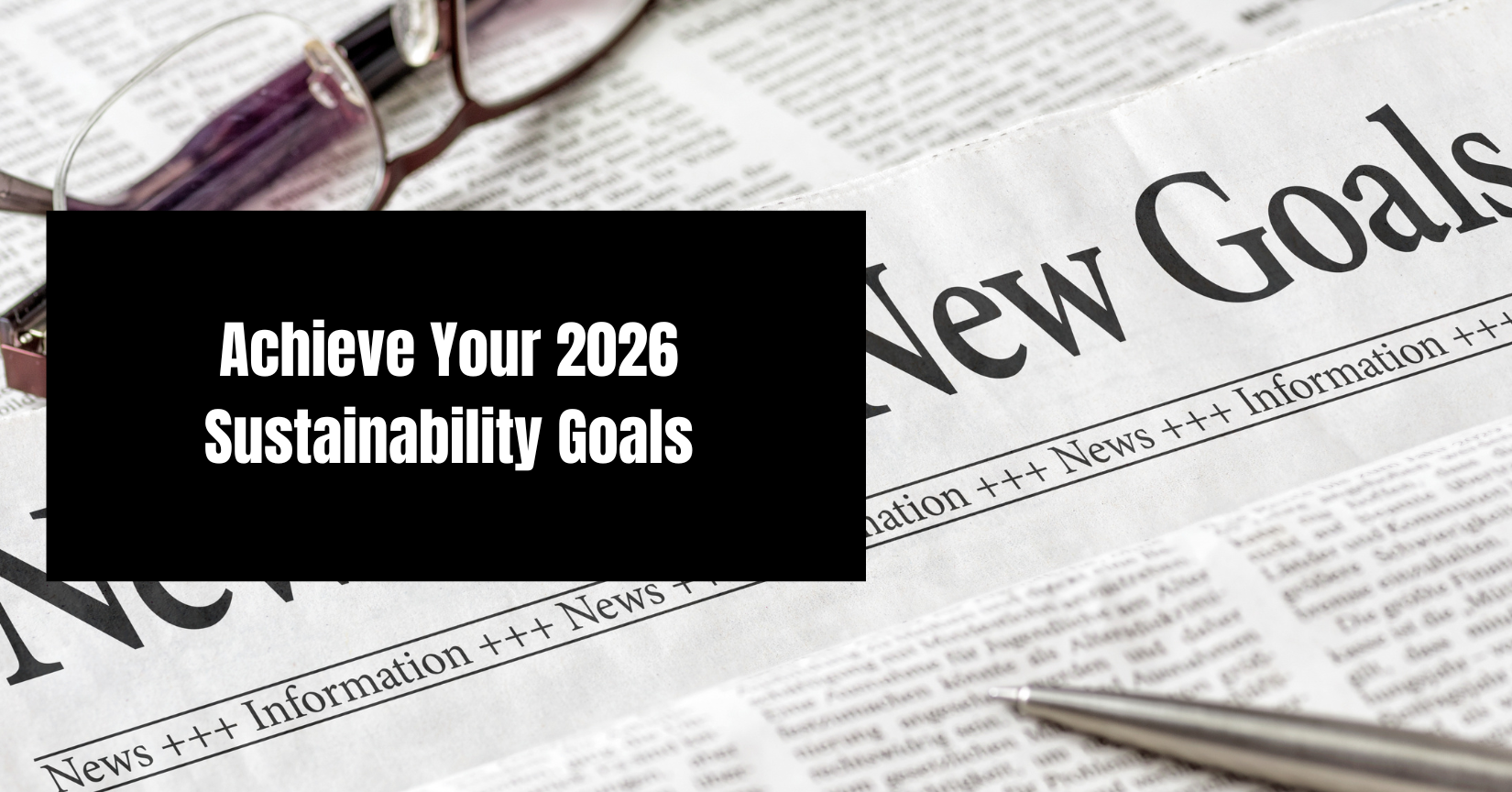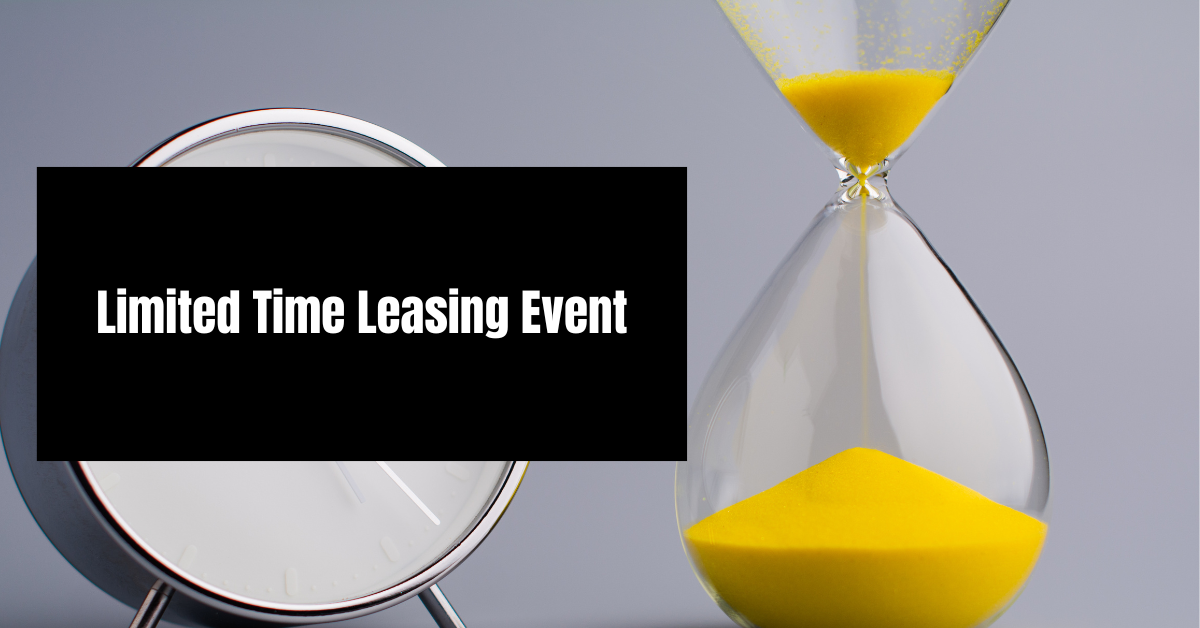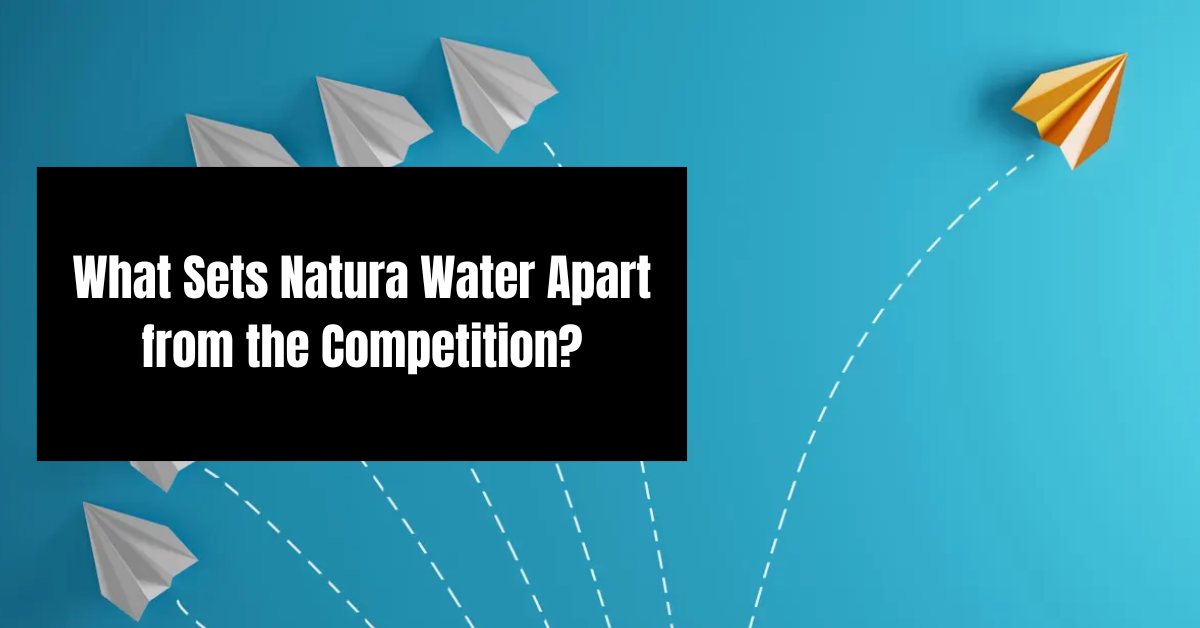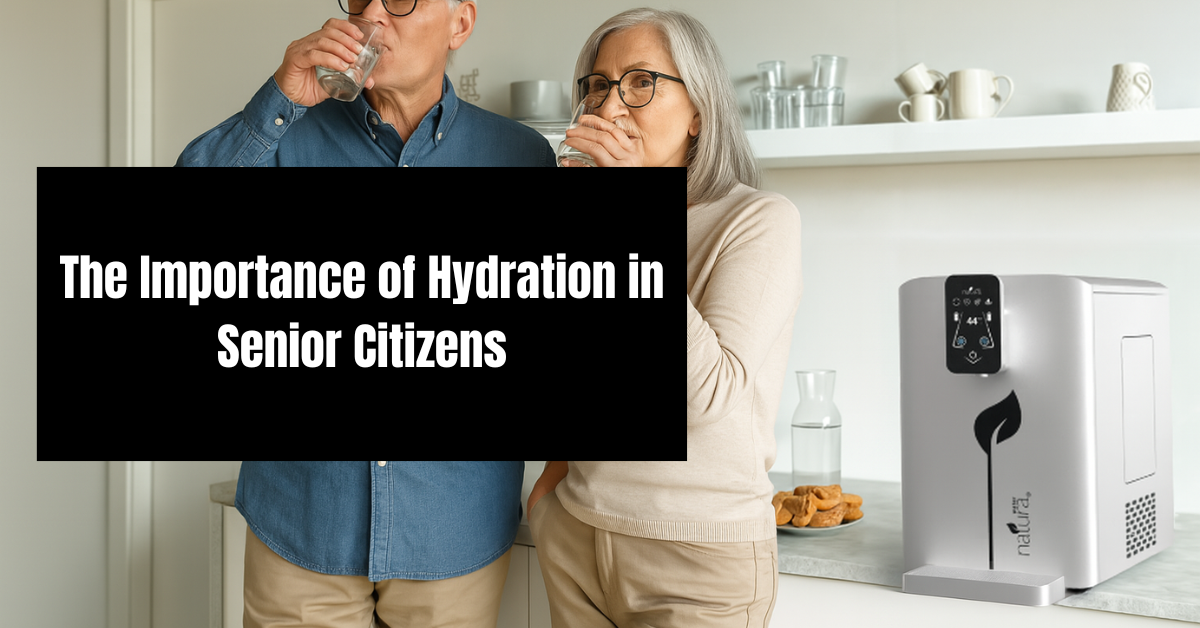What is a Pigovian Tax?
What is an “externality”?
An externality occurs when a business, product, or activity creates a negative effect on others in a society, but not necessarily on itself. For example, pollution is an externality, for example. A government may impose a tax on non-compliant vehicles so their owners’ shoulder more of the cost of cleaning the air.
What does the word “Pigovian” mean?
The word is derived from a man’s name, Arthur Pigou. He was a British economist, and the practice of taxing things considered harmful was his brainchild. He developed the concept of externalities. He proposed that governments should intervene to correct these negative impacts by taxing harmful activity and using the revenue to correct the harm and improve society.
What does this have to do with plastic bottles?
The devastating impact of discarded plastic water bottles—a problem that can be eased with investments in water dispensing machines that harness and purify conventional tap water—is well documented. Here’s a brief statistical recap provided by earthday.org.
- People buy about 1,000,000 plastic bottles per minute. In the U.S., only about 23% are recycled.
- 32% of the 78 million tons of plastic packaging produced annually is left to flow into our oceans. This is the equivalent of pouring one garbage truck of plastic into the ocean every minute. By 2050, there could be more plastic in the world’s oceans than fish.
- When single-use plastics are sent to landfills, they can leak harmful pollutants into the watershed.
- Americans purchase about 50 billion water bottles per year, averaging about 13 bottles per month for every person in the U.S. That means by using a reusable water bottle, one person could save an average of 156 plastic bottles annually.
- The best way to curb single-use plastic pollution is to reduce your personal plastic consumption.
Is This Realistic?
The theory behind placing a Pigovian Tax on single-use plastic bottles is that companies that place their products in non-biodegradable packaging should pay a little more to help clean up the resulting environmental damage. There also is a belief that the resulting higher prices on bottled products might discourage consumers from buying them at all, leading to an increase in more environmentally friendly forms of refreshment.
There has been no major push in the U.S. to enact such a tax. Pigovian Taxes on disposable plastics have been discussed in India, with no action taken so far.
Natura Water is a leader in drinking water purification systems, offering water dispensing machines, sparkling water machines, and, in general, foodservice equipment quality water systems that can undo the waste inherent in single-use water bottles. Our water dispensing systems offer an endless supply of pure, fabulous-tasting, chilled still, chilled sparkling, and still ambient water. With zero plastic waste.
Natura’s unique approach to “gourmet water” was first developed in Italy, where water, like wine, is considered an essential part of every meal. After passing the rigorous testing of discriminating European palates, Natura was ready for the U.S. and the rest of the world. For two decades, we’ve remained a leader in the category we helped create.
Need more information? Click here to download our case study or click here to schedule a meeting!
Recent Posts
